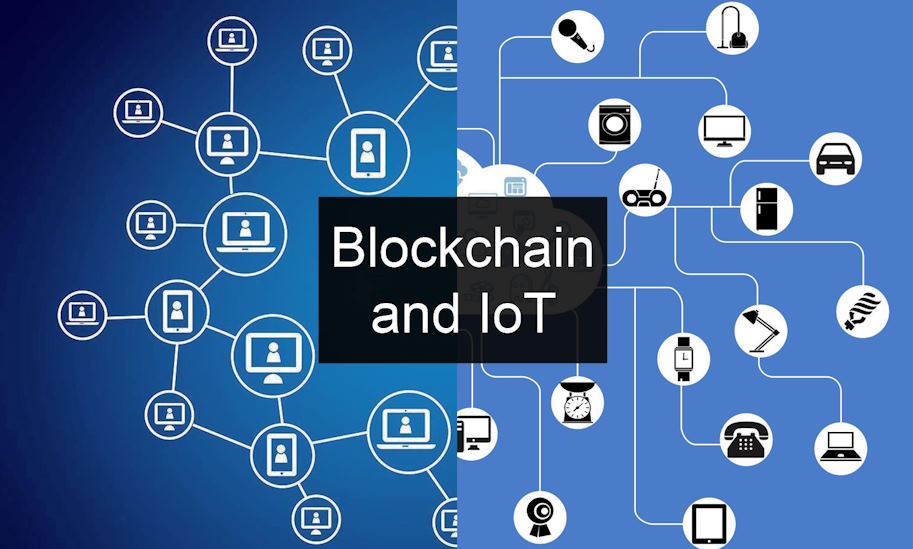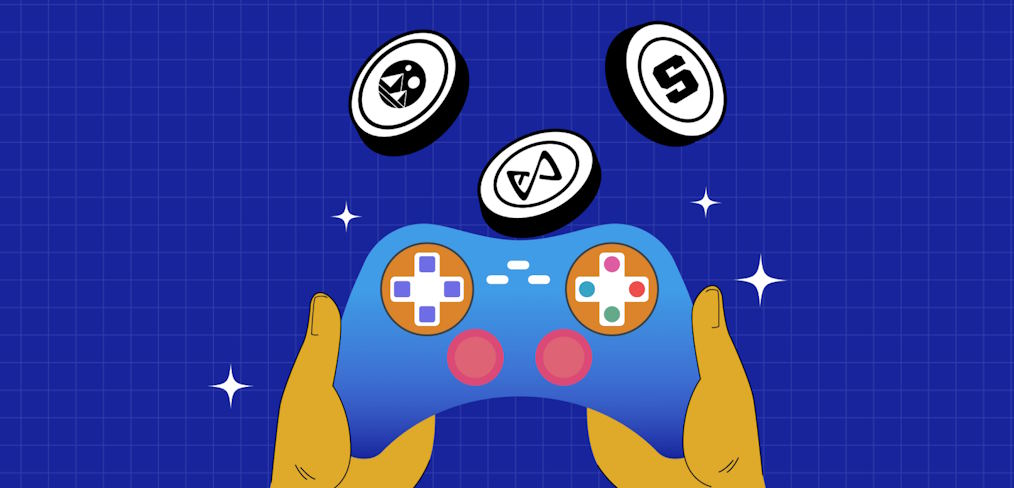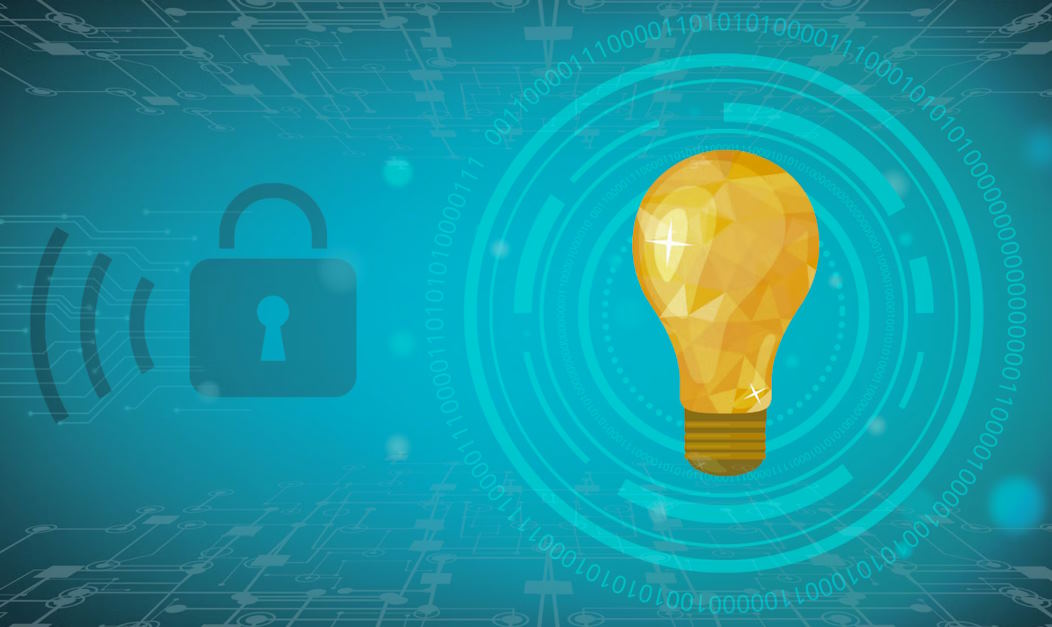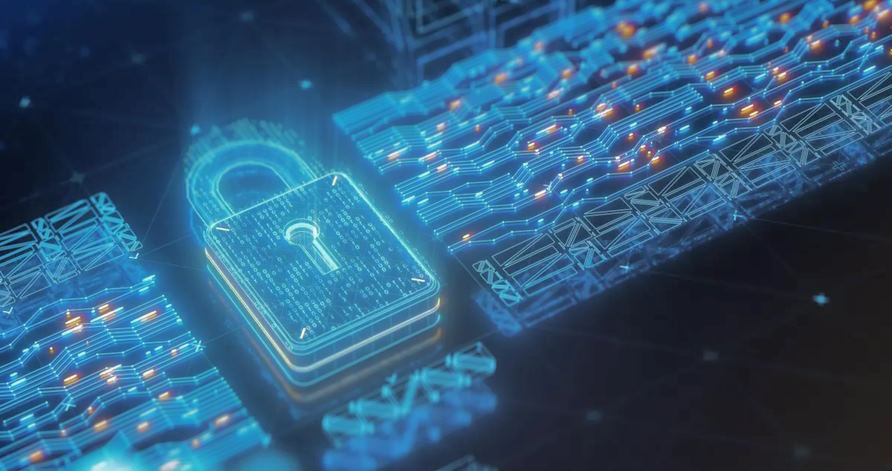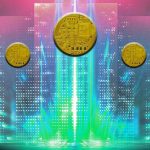Blockchain, initially celebrated as the bedrock of cryptocurrencies, has transcended its roots to become a universal disruptor, promising immutable data integrity, decentralized governance, and novel avenues for secure transactions. Concurrently, the Internet of Things, a network of interconnected devices, sensors, and systems, has expanded its footprint into nearly every facet of modern life, from smart homes to industrial automation. As the Fourth Industrial Revolution gathers momentum, the fusion of Blockchain and IoT emerges as a pivotal axis around which innovation revolves.
Convergence of Blockchain and IoT: Pioneering a Paradigm Shift
How Blockchain Addresses IoT Challenges:
The marriage of Blockchain and IoT is rewriting the rules of innovation by providing elegant solutions to some of the most pressing challenges in the IoT landscape. Firstly, secure data sharing and access control have long been a concern in interconnected environments. Blockchain’s cryptographic principles ensure that data shared between devices and systems remains confidential and tamper-proof, mitigating the risks associated with unauthorized access.
Secondly, data integrity and provenance verification, critical in scenarios like supply chains, gain a new level of trust through blockchain. Each data point, once recorded on the distributed ledger, becomes immutable and verifiable, making fraud or tampering nearly impossible. This instills a heightened level of transparency and accountability throughout the data’s journey.
Moreover, scalability and efficiency improvements are another feather in the blockchain-IoT cap. Traditional centralized systems often struggle to handle the enormous influx of data from countless devices. Blockchain’s decentralized architecture distributes the processing load across the network, resulting in enhanced scalability and streamlined operations.

Examples of Blockchain-Enabled IoT Applications:
- Supply Chain and Logistics Management: Blockchain revolutionizes supply chains by offering an indelible record of every step a product takes, from raw materials to delivery. This transforms transparency, traceability, and accountability in global trade, eradicating issues like counterfeiting and unauthorized alterations.
- Smart Cities and Infrastructure: In the realm of urban development, blockchain-IoT synergy yields smart solutions. From optimizing traffic management through interconnected vehicles to enhancing energy efficiency in buildings, this convergence paves the way for sustainable urban living.
- Healthcare and Remote Patient Monitoring: Healthcare embraces blockchain-IoT integration through remote patient monitoring devices. Secure, real-time transmission of patient data ensures accurate diagnosis and treatment, while blockchain’s immutability safeguards sensitive medical records.
Benefits and Advantages: Unveiling the Power of Blockchain-IoT Fusion
Enhanced Security and Privacy:
The amalgamation of Blockchain and IoT introduces an impregnable layer of security and privacy to our interconnected world. Blockchain’s encryption mechanisms fortify data transmission and storage, safeguarding sensitive information from prying eyes. By creating an immutable record of transactions, this duo ensures that data integrity remains uncompromised, reducing vulnerabilities to cyberattacks and unauthorized access.
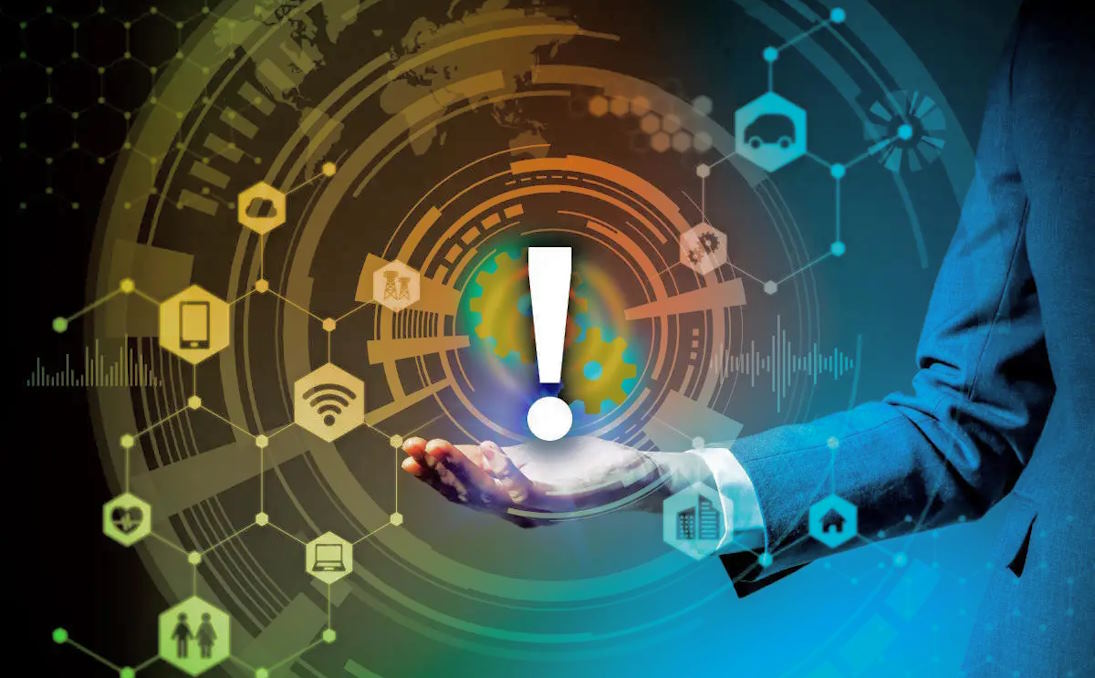
Decentralization and Reduced Intermediaries:
Gone are the days of heavy reliance on intermediaries for authentication and validation. Blockchain’s decentralized architecture eliminates the need for central authorities, enabling devices to directly communicate, verify, and execute actions. This streamlined interaction not only expedites processes but also slashes operational costs, making systems more efficient, transparent, and tamper-proof.
Improved Data Quality and Reliability:
Blockchain’s distributed ledger guarantees the veracity of data shared between IoT devices. Inaccurate or maliciously altered data becomes an anomaly, as each piece of information is time-stamped, encrypted, and linked to its previous state. This inherent traceability and auditability enhance the trustworthiness of data-driven decisions and augment the accuracy of analytics.
Potential for New Business Models:
Blockchain-IoT convergence serves as a springboard for innovative business models. Smart contracts, enabled by blockchain, automate processes based on predefined conditions. This opens avenues for pay-as-you-use services, asset sharing, and real-time payment settlements. Additionally, the transparent and secure nature of transactions nurtures customer trust, fostering novel subscription-based services and collaborative ecosystems.

